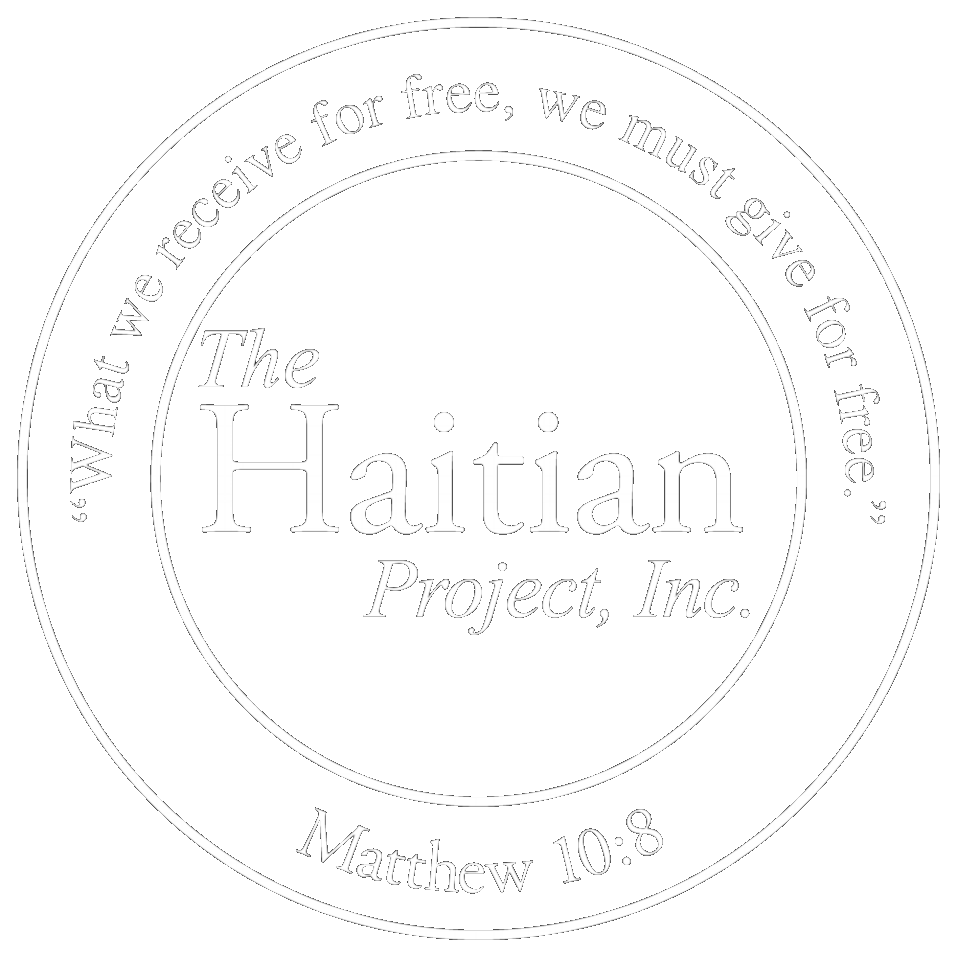Charism
Drawing on Pope John Paul II’s clear teachings on the spirituality and purpose of human labor, The Haitian Project community has grounded itself in the spiritual and practical reality that work is both internally and externally transformative. Through our commitment to working first and foremost for the benefit of others, we have learned that we can improve ourselves and the world around us simultaneously.
By living our specific Charism, we have discovered that work done voluntarily for the benefit of others is a powerful, grace-filled catalyst for personal metanoia and environmental change. In this context, the success of our labor not only increases our sense of personal dignity and transforms the world around us, but it also deepens our trust in God and our willingness to serve.
Led by the Holy Spirit and enabled by the abundant gifts He provides, we have discovered that work done voluntarily by a community of people drawn from all sectors of society acting in unison creates a quality of solidarity reminiscent of the early Christian communities recorded in Acts.
Like the early Christian communities, our community has flourished since we accepted our specific charism of working for others [Christian Service] and began living intentionally in accordance with the following three principles:
What we receive for free, we must give for free. (Matthew 10:8) This is the basic motto of our community—it is the fundamental call to service.
If anyone is unwilling to work, neither should that one eat. (Second Thessalonians 3:10) This principle is not merely about survival, it is about fulfilling our responsibilities as social beings and to one another. In a community, everyone is to be personally industrious. We are all called to work and produce. We are not to live solely off the labors of others if we are capable of making a contribution ourselves. We are also reminded that as Christian brothers and sisters we belong to one another. When we fulfill our personal responsibility to a community, we become a catalyst for justice and charity.
If any one would be first, he must be last of all and servant of all. (Mark 9:35) This gives direction to our zeal for service. It sends us to serve the weakest and most marginalized. We capture this concept in the Kreyòl phrase “tet amba.” Usually this means “upside down” or “chaos,” but to us it is the reminder to pass below and support from the bottom up.
We are also reminded that “our” work is part of a plan beyond our comprehension. Humbly recognizing that all good things come from God, we accept that work with God requires letting go of ourselves and our pride. While leadership and chain of command are important, all must participate equally in the work since we have the same duty and the same dignity before God.
Hearing the call to join this community and live this Charism, we have a choice to respond with a simple “yes” for a period of weeks, years or a lifetime.
Years of work and spiritual conversion inspired this statement of the Project's charism which for so long has guided our mission and service to others in Haiti and in the US. This expression of our Charism was composed by then-President Patrick Moynihan in collaboration with members of The Haitian Project Community and embraced formally and unanimously by the Board of Directors on February 20, 2010 as the expression of the Project's unique, God-given spiritual identity. The Board of Directors voted additionally on February 20, 2010 that this charism would best be nurtured by seeking formal recognition as an association of the lay faithful. In June of 2010, His Excellency, the Most Reverend Bishop Thomas J. Tobin, formally recognized The Haitian Project as an association of the lay faithful in his diocese, the Roman Catholic Diocese of Providence, Rhode Island, where the Project was founded as an organization and community in 1986.
Association of the Lay Faithful
History was made for The Haitian Project in June 2010 when, after a long and prayer filled discernment process, we became an association of the lay faithful.
Marked by our Charism of work and spiritual conversion, The Haitian Project received formal recognition as a religious community under the Diocese of Providence, RI.
“It was amazing to see what we always knew and always manifested to be overtly recognized by Bishop Tobin and the Diocese of Providence, who have been supportive in our ministry for more than 25 years,” said Patrick Moynihan, The Haitian Project President Emeritus.

